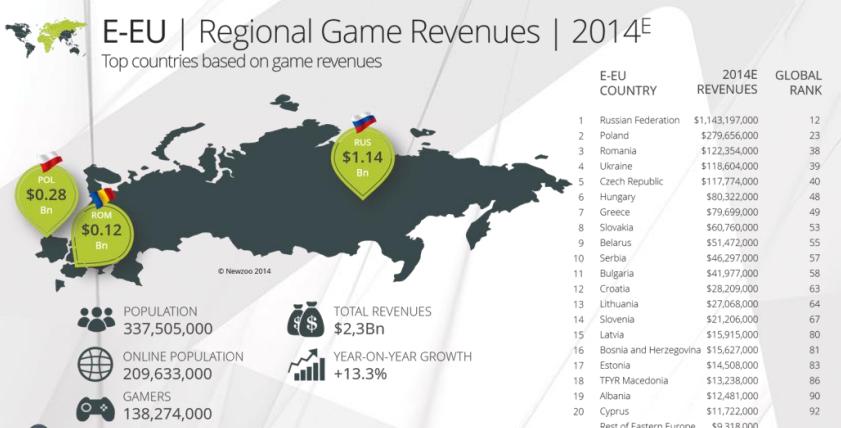Reporters Chen Yibo and Wu Kezhong reported in Beijing
The conflict between Russia and Ukraine has spread to a number of industries and sectors around the world, such as stocks and futures markets, as well as games, esports, and technology.
According to media reports, companies including CDPR, Ubisoft, Techland, Bungie, 11Bit, Unity, etc. have made statements: either ban the sale of games, or cancel e-sports qualifications and seats. Microsoft also announced a moratorium on selling all new products and services in Russia. Nintendo and PS said they would suspend sales in the Russian game market.
On March 4, Activision Blizzard issued a statement saying that it would suspend the sale of new games in Russia while the conflict between the two countries was not over. As of press time, Tencent has not responded to the reporter of China Business Daily.
In addition, according to previous reports by the Global Network, FIFA Games, the sports arm of Electronic Arts (EA), said it would remove the Russian national team and clubs from its FIFA 22, FIFA Mobile and FIFA Online products.
In this regard, some insiders familiar with the European and American game and e-sports markets said in an interview with the "China Business Daily" reporter that the action of calling for sanctions may not really affect the conflict situation, and most international game companies in russia have a relatively limited market.
In addition, because of the long-term sanctions imposed by Europe and the United States, the Russian folk game cracking team has long been very mature, from games to software, from movies to music, all kinds of cracking stations emerge in an endless stream. Therefore, in the view of the above-mentioned people, the greater impact of the conflict on the Russian game market may be reflected in the crackdown on Russian game retailers.
According to a report released by the international third-party data agency Newzoo in the early years on the Russian game market, in 2014, from the perspective of the dimension of game market revenue, Russia ranked first in the entire Eastern European game market. Revenue reached $1.14 billion that year, ranking 12th in the global game market, while the total revenue of the entire Eastern European game market was only $2.3 billion that year, and Poland, which ranked second in the Eastern European game market, ranked 23rd in the global game market revenue ranking that year. Ukraine, on the other hand, ranked fourth in terms of revenue in the Eastern European gaming market in 2014 and 39th globally.

(Screenshot from newzoo report: Introduction to the Russian games market)
The report quoted PwC Global Outlook data at the time as saying that in the size of the Russian media and entertainment industry's economy, the industry's revenue will rise 14% in 2012 to $25.4 billion, while in 2017 it is expected to reach $39.8 billion. Among them, the video game industry in the subdivision industry generated revenue of $1.2 billion and $1.3 billion in 2012 and 2013, respectively, and is expected to be $1.8 billion in 2017.
According to the above report, in 2014, the total number of gamers in Russia was about 46 million. Newzoo expects to generate revenue of $1.14 billion in 2014 for the Russian gaming market, excluding taxes, hardware, consumer trade and business services.
The report at the time also showed that in the Russian game market, 98.2% of all gamers (about 45.6 million people) are concentrated on the computer side, 65.6% of the players are concentrated on the personal mobile phone side, and 96% of all paying players (about 25.1 million people) are also concentrated on the computer side.
In 2014, Russia's share of the MMO game market reached 27%, the mobile game market share reached 20%, the console game market share was only 4%, and the PC game market share other than MMO games was 17%.
From the perspective of console games, according to a 2013 statistic cited in the above report, Sony's game consoles accounted for almost half of the Russian console game market that year. The report also mentioned that Russia is also the fourth largest market in Europe for Microsoft's Xbox 360 consoles in terms of sales. According to PwC's estimates, the Russian console game market may continue to grow to $506 million in 2017.
(Editor: Dong Shuguang Proofreader: Zhang Guogang)